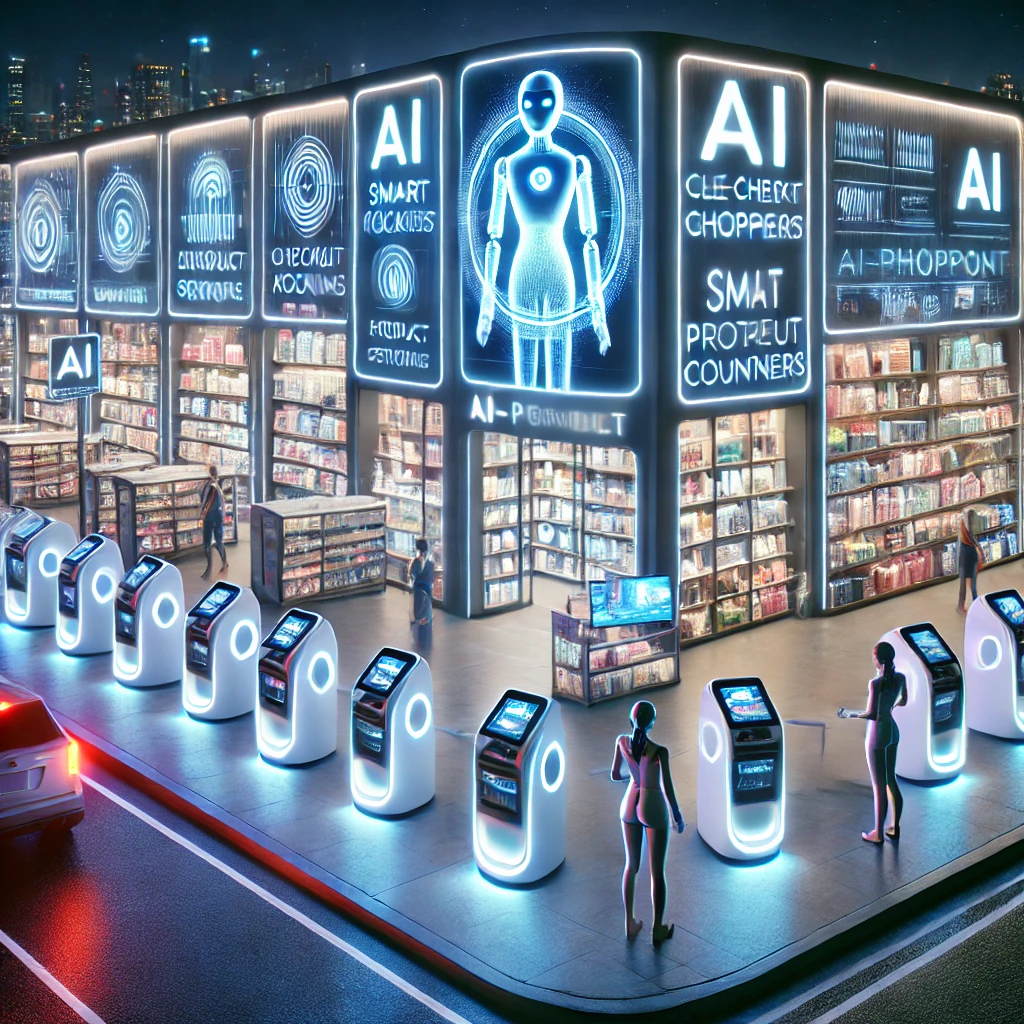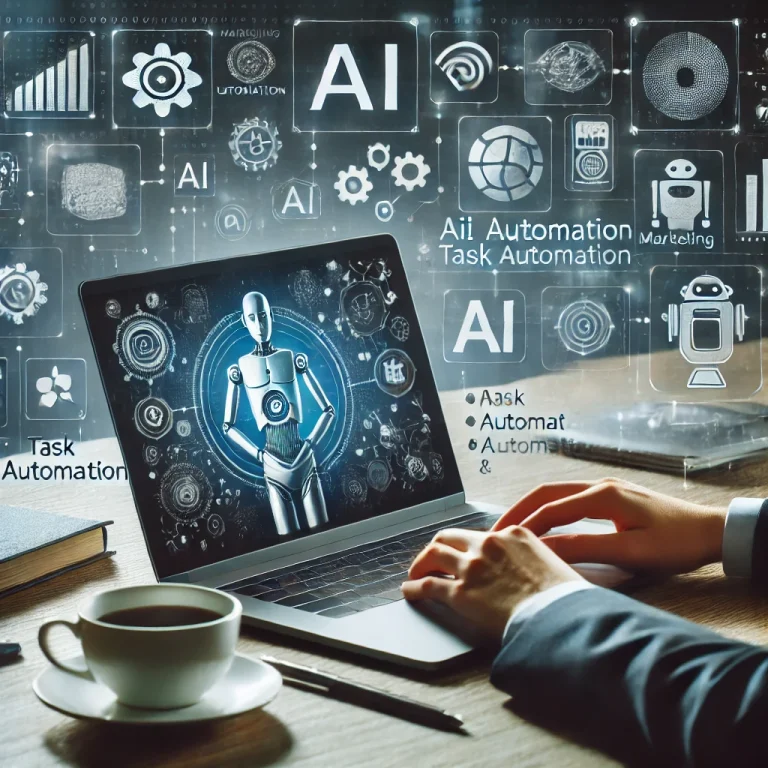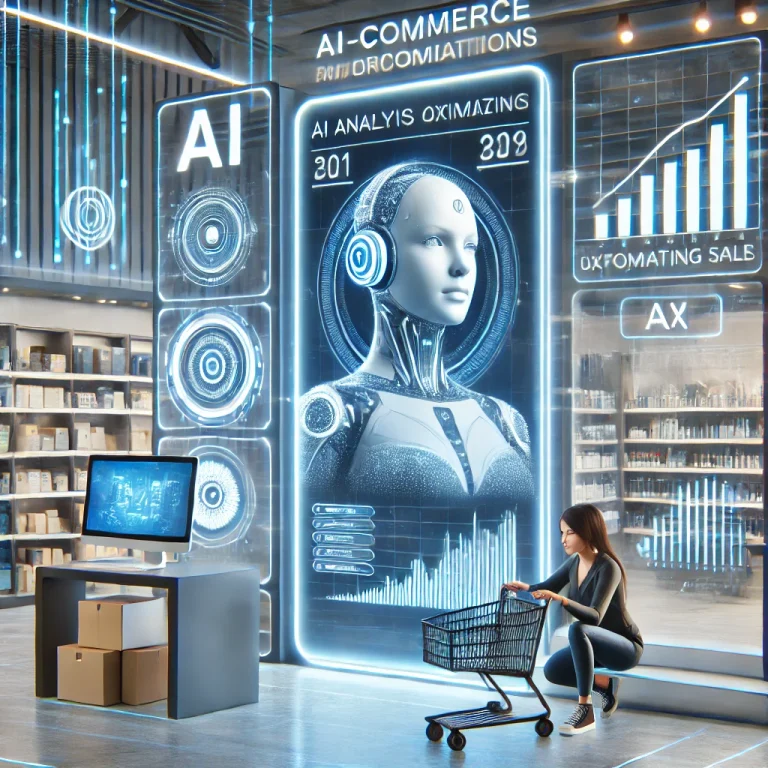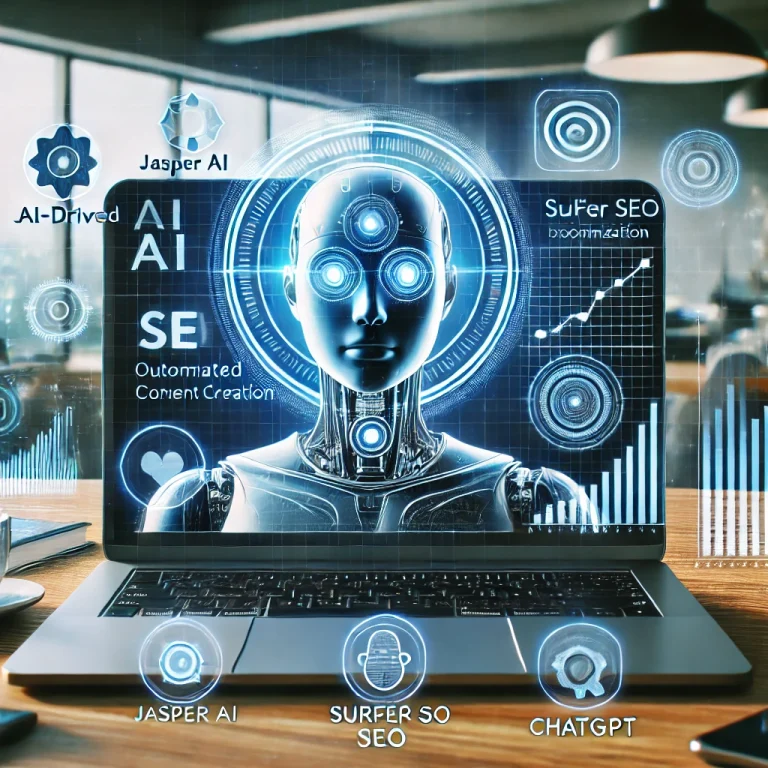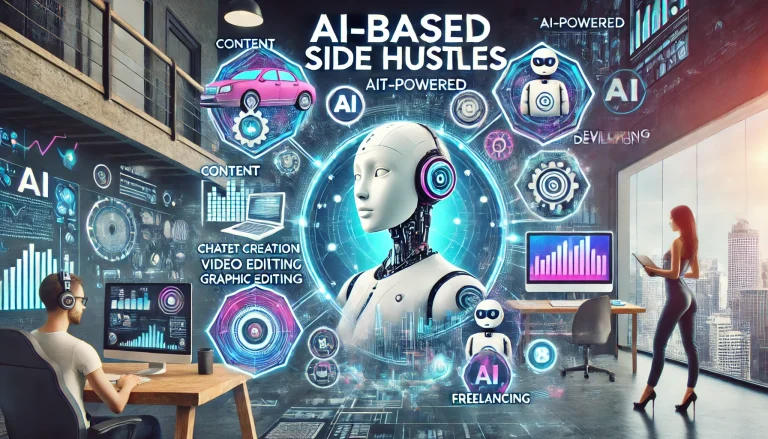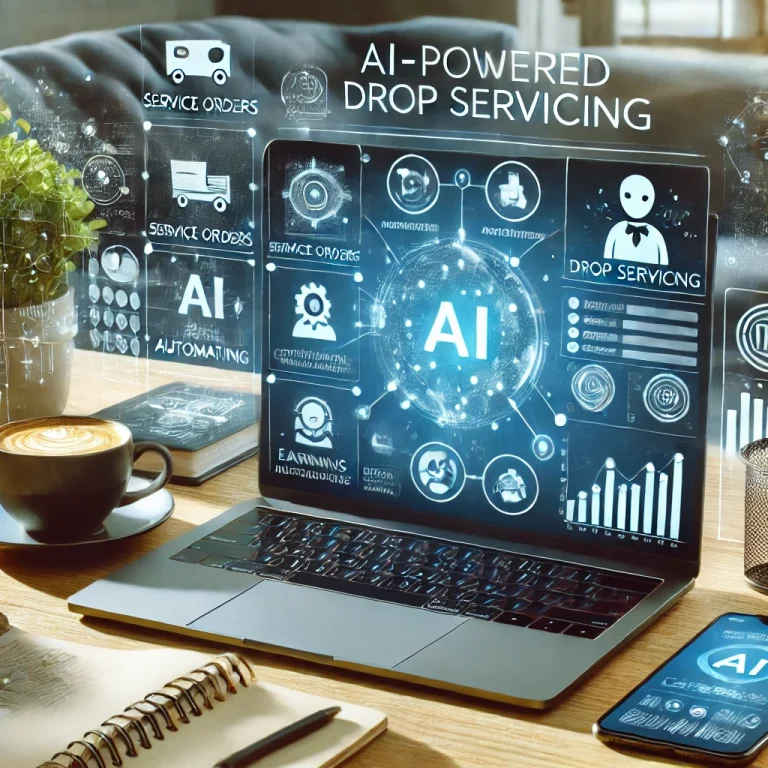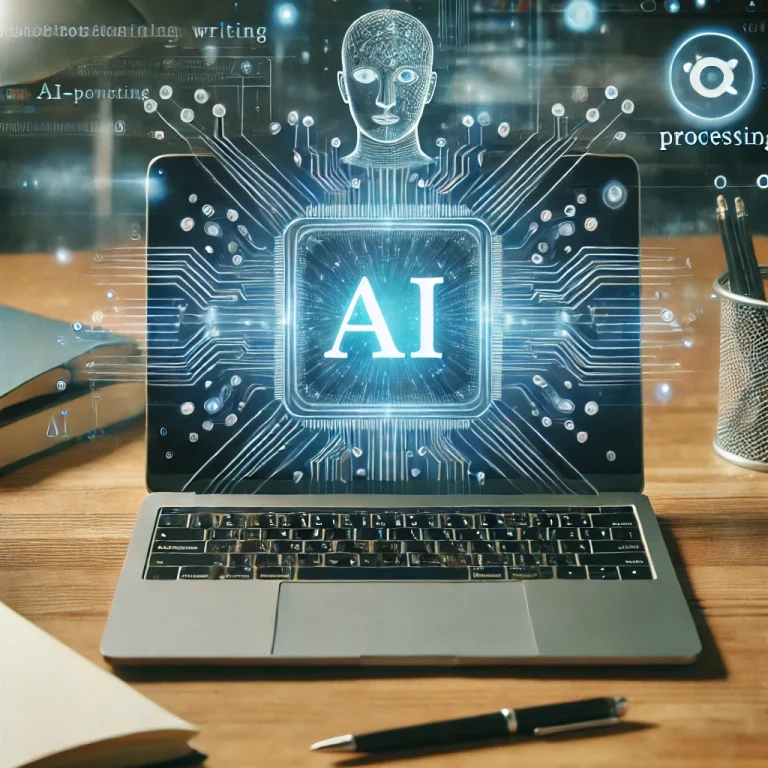AI-Powered Retail: The Future of Highway Shopping Revolution
🚀 Introduction: The Retail Industry is Evolving!
Retail is undergoing a technological renaissance, and nowhere is this transformation more evident than in highway shopping. Traditional roadside shops that once thrived on convenience and local business are now facing disruption by AI-powered smart stores. These advanced, futuristic stores leverage artificial intelligence to create seamless, efficient, and ultra-modern shopping experiences. The question is: are these AI-driven stores truly better than their traditional counterparts? Let’s take a deep dive into how smart retail is reshaping the industry.
🛍️ What Are AI-Powered Smart Stores?
AI-powered smart stores are high-tech retail spaces designed to enhance efficiency, reduce human intervention, and provide an unparalleled shopping experience. They use a combination of automation, robotics, and data analytics to revolutionize the way people shop. Here’s what makes these stores a game-changer:
- Automated Checkouts – Say goodbye to long queues! AI-driven checkout systems allow customers to pay via facial recognition, QR codes, or digital wallets.
- Smart Shelves & Inventory Tracking – Sensors track stock levels in real-time, ensuring shelves are always stocked with high-demand products.
- Personalized AI Shopping Assistants – AI algorithms analyze shopping habits and suggest products based on individual preferences.
- Robotic Store Assistants – AI-driven bots help customers navigate the store, find items, and even answer questions.
- Advanced Security Systems – AI-powered surveillance and RFID tracking prevent shoplifting and enhance security.
⚖️ Traditional Highway Shops vs. AI-Powered Smart Stores: A Comparative Analysis
| Feature | Traditional Highway Shops | AI-Powered Smart Stores |
|---|---|---|
| Operating Hours | Limited, depending on staff availability | 24/7, fully automated |
| Customer Experience | Personalized interactions with shopkeepers | AI-driven assistance, data-based recommendations |
| Inventory Management | Manual restocking, risk of overstock/shortages | Automated real-time tracking, AI demand predictions |
| Checkout Process | Cash or card payments, often slow | Instant digital checkouts with AI-based billing |
| Pricing Strategy | Fixed pricing, determined by the owner | Dynamic pricing based on AI analysis & demand forecasting |
| Maintenance Costs | High due to labor and operational expenses | Low-cost operations due to automation |
| Security & Theft Prevention | Prone to theft, human monitoring required | AI-powered surveillance, RFID anti-theft measures |
| Customer Engagement | Based on human relationships and negotiations | AI-driven, predictive shopping experience |
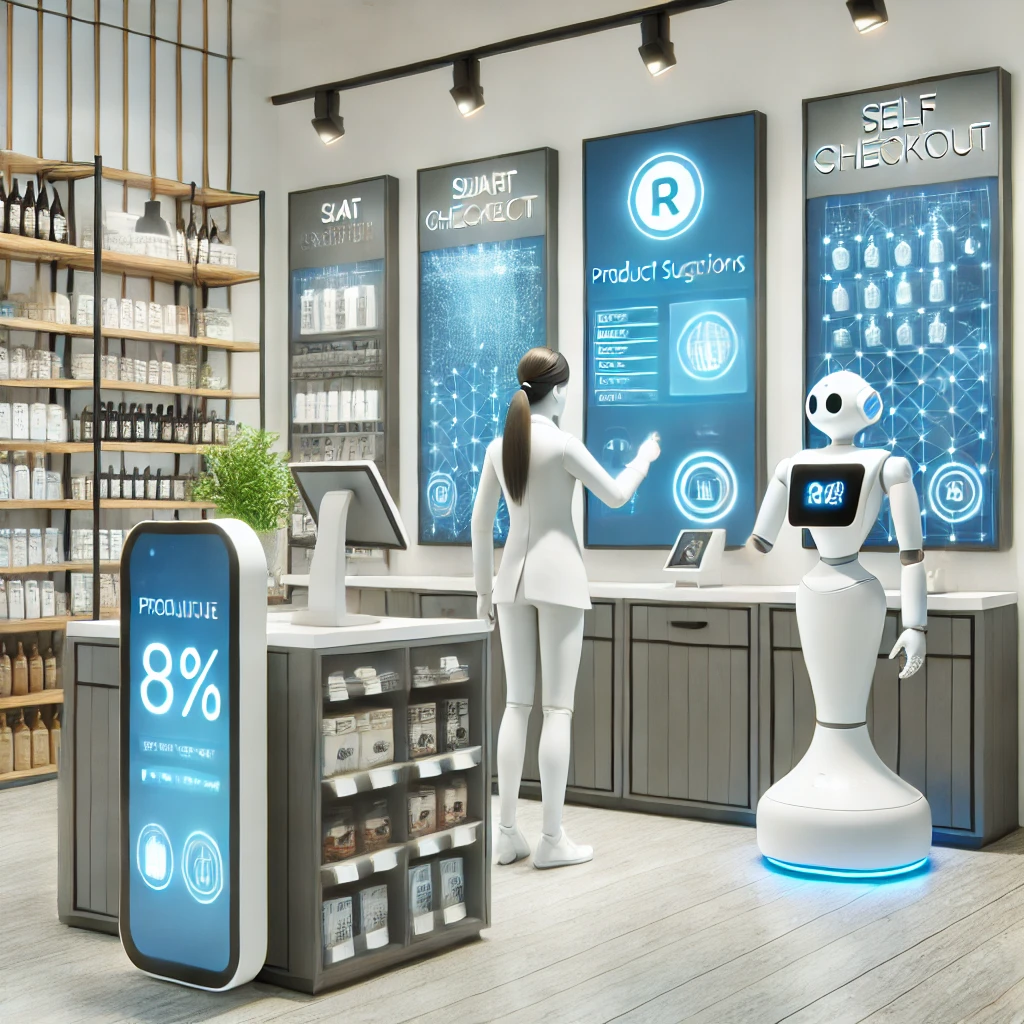
🎯 The Key Benefits of AI-Powered Smart Stores
- Unparalleled Speed & Convenience – Customers can enter, shop, and leave in minutes without waiting in long lines.
- Significant Cost Reduction – Eliminates labor costs while maximizing efficiency.
- Intelligent Inventory Optimization – AI tracks demand trends, ensuring products never run out.
- Superior Security & Fraud Prevention – AI-driven surveillance, motion sensors, and smart tags prevent shoplifting.
- Customized Shopping Experience – AI analyzes customer behavior to create highly personalized recommendations.
- Scalability for the Future – AI-driven retail models can easily expand to new locations with minimal operational challenges.
🚧 Challenges & Limitations of AI-Driven Retail
Despite their numerous advantages, AI-powered stores come with their own set of challenges:
- Expensive Setup Costs – Initial investments in AI infrastructure can be high.
- Learning Curve for Customers – Some shoppers, especially elderly individuals, may find it difficult to adapt to digital shopping.
- Data Privacy Concerns – AI relies on customer data, which raises concerns about privacy and security.
- Dependency on Internet & Power – Any disruption in connectivity can lead to operational failures.
🔮 The Future of Highway Retail: Hybrid Shopping Models
The future of highway retail lies in hybrid shopping models—where AI-powered stores coexist with traditional shops. Forward-thinking retailers are already integrating AI-enhanced billing, smart inventory tracking, and automated customer engagement into their existing businesses. As technology continues to evolve, even small highway shops will adopt AI-driven solutions to remain competitive in the digital age.
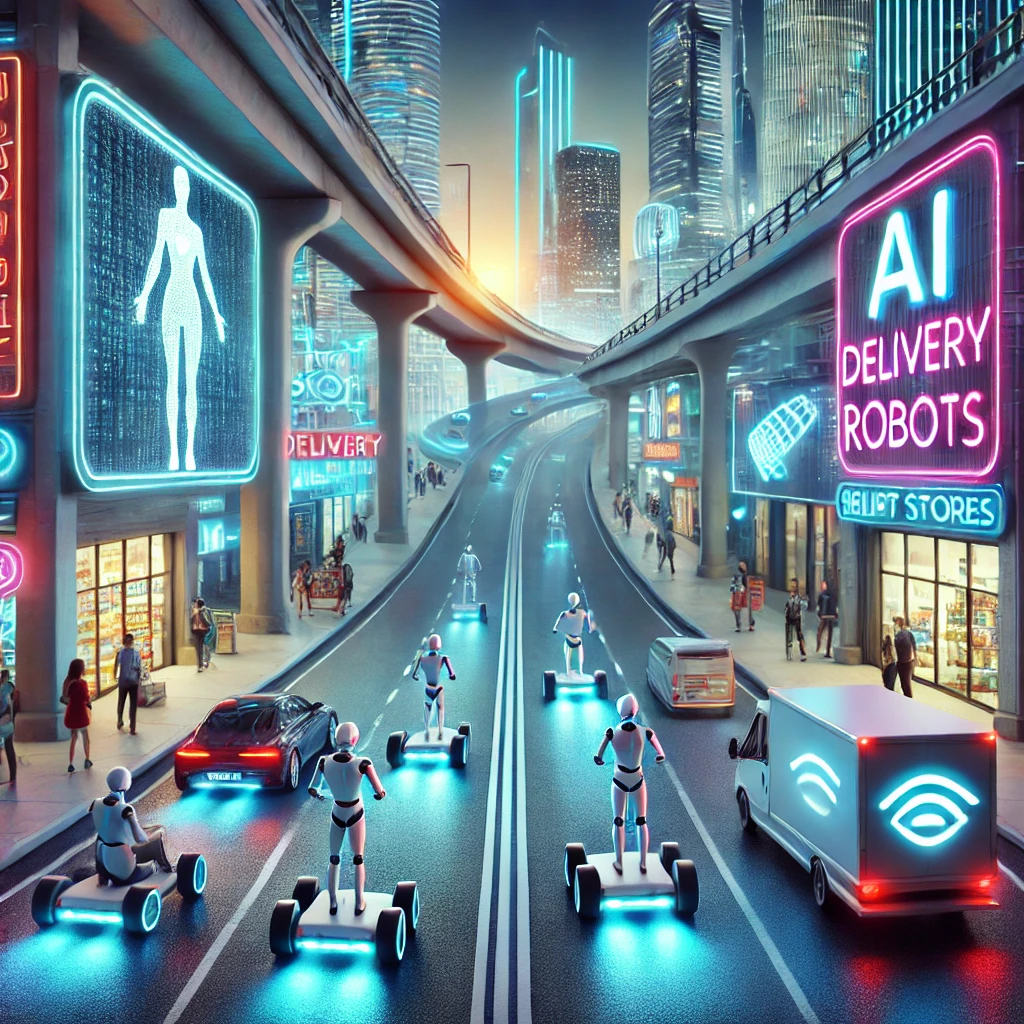
🌟 Conclusion: A Retail Revolution in the Making
The rise of AI-powered smart stores is reshaping the landscape of highway retail. These advanced retail hubs offer a futuristic, ultra-efficient shopping experience, but traditional highway shops still have their place, particularly for customers who prefer human interaction and personalized service. The key to surviving in this evolving market is adaptation—whether through full automation or gradual AI integration, the future of retail is undeniably digital.
Highway retailers must embrace innovation to stay relevant in this AI-powered era. Those who do will not only survive but thrive in the new age of intelligent commerce. 🚀
💬 What’s your take on AI-powered retail? Do you prefer smart stores or traditional shops? Let us know in the comments!
